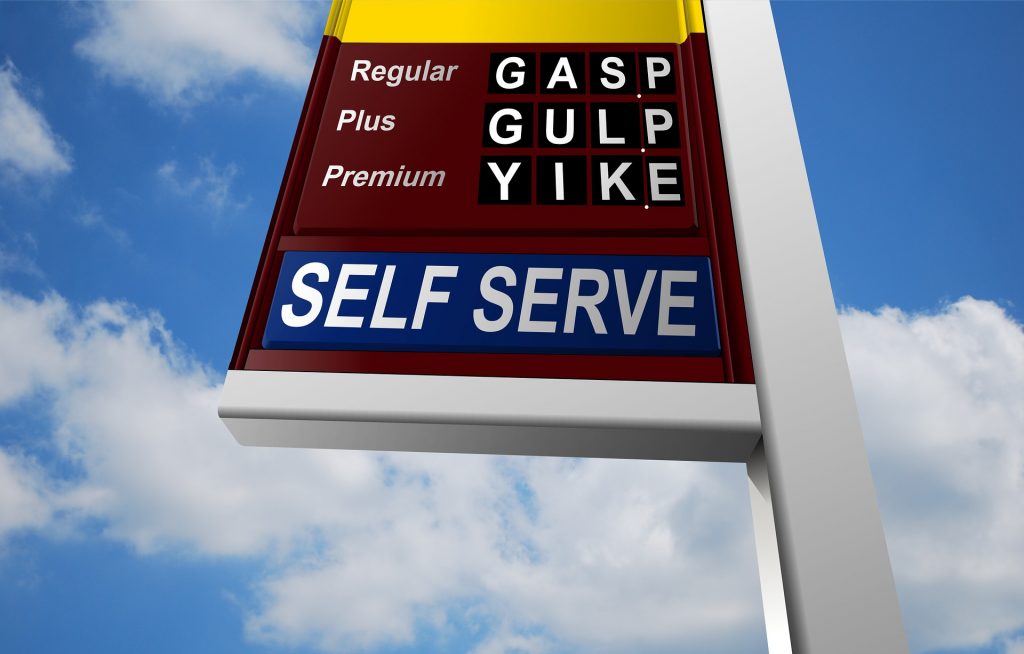By Anthony Hennen
A Pennsylvania House hearing on fossil fuels had much to say about the good of oil and natural gas as Democratic legislators accused testifiers of being climate denialists.
The Environmental Resources and Energy Committee invited experts to talk of the economic impacts of fossil fuels, how subsidies influence the energy market, and how proposed decarbonization plans would do little to reduce global temperatures.
Kevin Dayaratna, the chief statistician, data scientist, and senior research fellow at the Heritage Foundation, argued that using the federal model for carbon-based regulation would do little to change the climate.
Maxing out a carbon tax at $300 per ton of carbon according to the federal model, he said, would reduce carbon emissions by 44% (short of the Paris Agreement’s goal of 50%) through 2040, causing 1.2 million job losses, reducing family income by $80,000, driving up electricity costs by 30% on average, and resulting in “minimal climate impacts.”
“Lawmakers should avoid carbon tax and carbon-capture related policies because they have significant economic costs and negligible environmental impact,” Dayaratna said. “Pennsylvania should manage energy development and access and do so safely, and doing so will also have limited impact on the climate.”
Reflecting on previous hearings, Democratic lawmakers criticized the one-sidedness of the hearing.
“I’m a climate realist,” said Rep. Greg Vitali, D-Havertown. “People like you never acknowledge the seriousness of climate change and never propose any solutions of their own.
“What are you proposing to do? How are you proposing to get us to climate neutrality?”
Dayaratna dismissed any unilateral efforts done in America alone.
“The bottom line is China and India – their emissions are going to be nothing but business as usual,” Dayaratna said. “There is nothing that the United States is going to do alone to mitigate CO2 emissions or affect CO2 emissions.”
Instead, Dayaratna argued for an end to energy subsidies.
“The best way is to free up the energy markets, let all forms of energy – including renewables – compete on a level playing field, eliminate subsidies of all forms to all aspects of the energy sector,” he said.
Also testifying was Greg Wrightstone, executive director of the CO2 Coalition, who argued for the environmental benefits of carbon dioxide. Wrightstone called coal, oil, and natural gas “the greenest of energy sources” and credited carbon emissions for regreening forests.
“Fossil fuels are treasures to be valued and used for the benefit of humanity,” Wrightstone said. “Their demonization is irrational and destructive to our society.”
Referencing a billboard in the commonwealth paid for by the CO2 Coalition, Wrightstone noted “there is no climate crisis, there is no climate emergency.”
At the end of the hearing, Vitali expressed his visible frustration with the day’s testimony.
“I’d like to thank the chairman for presenting such a thoughtful and well-balanced hearing … putting out these alarmist, false hearings is not something – I think it’s disgraceful,” he said.
Anthony Hennen is a reporter for The Center Square. Previously, he worked for Philadelphia Weekly and the James G. Martin Center for Academic Renewal. He is managing editor of Expatalachians, a journalism project focused on the Appalachian region.
Originally published by The Center Square. Republished with permission.
For more on fossil fuels, click here.
For more on Pennsylvania climate policy, click here.
